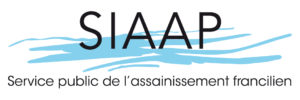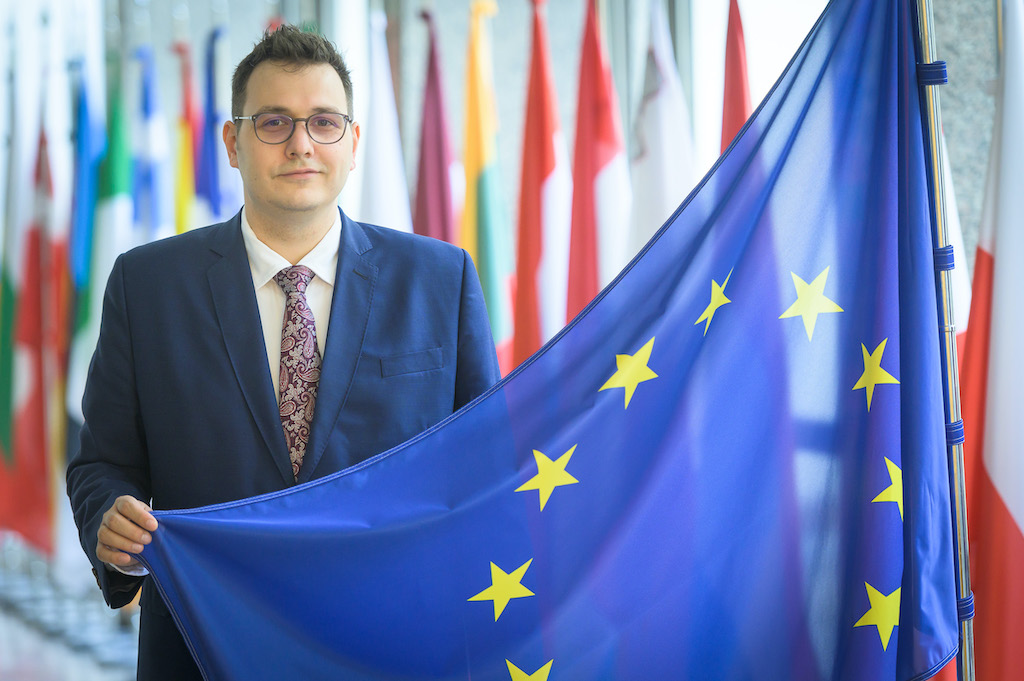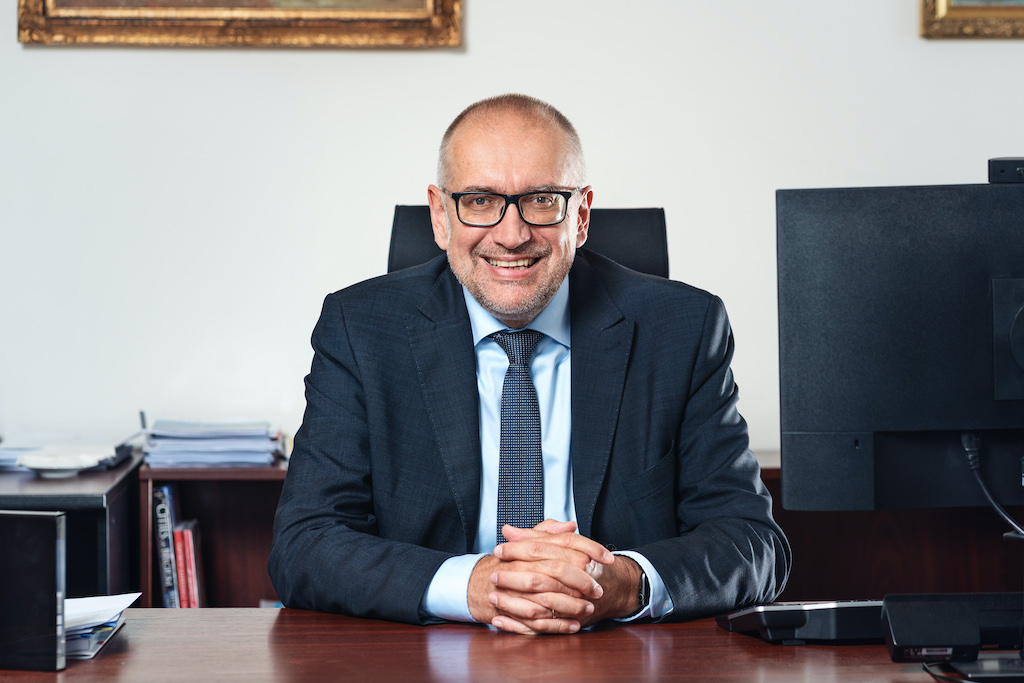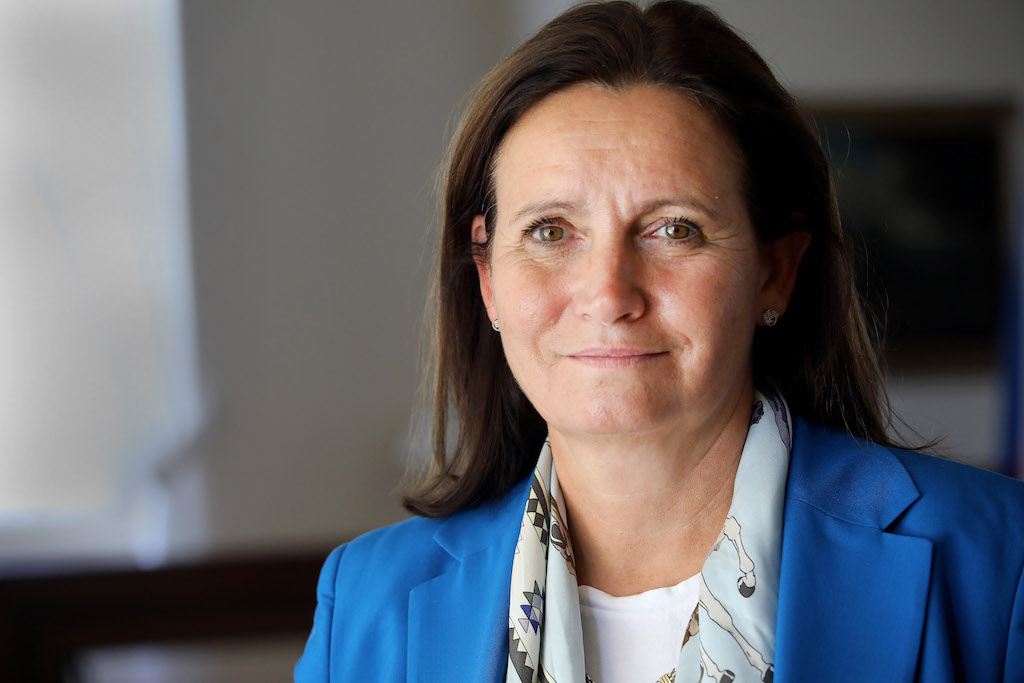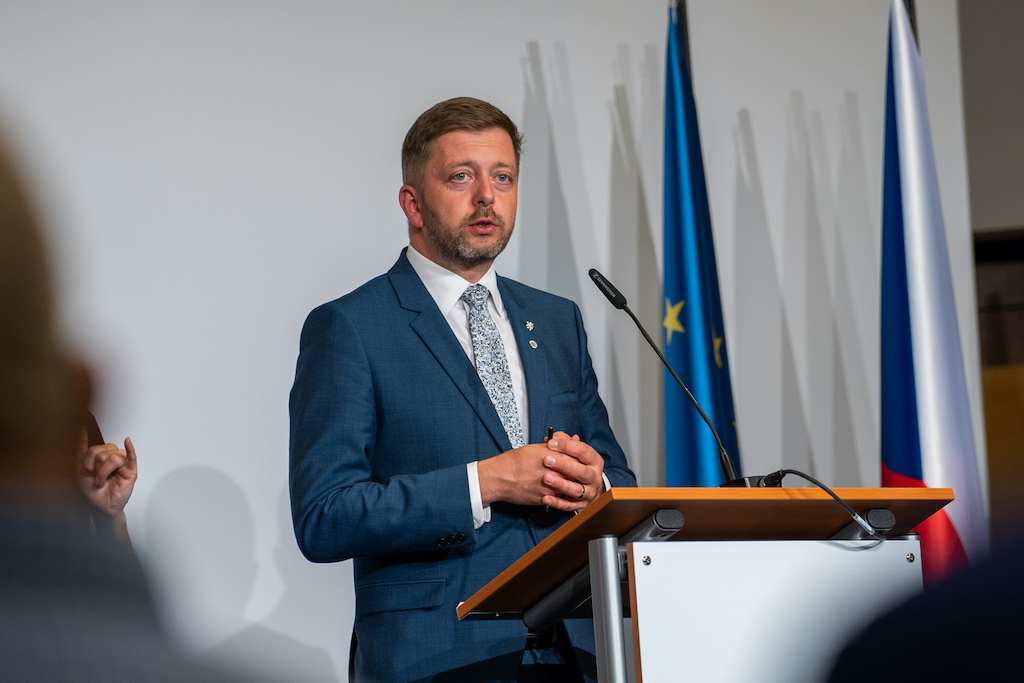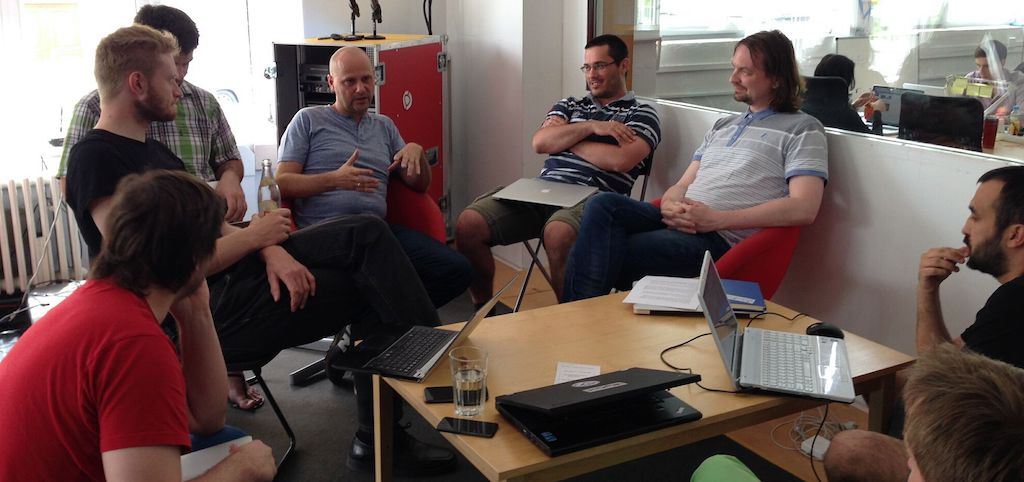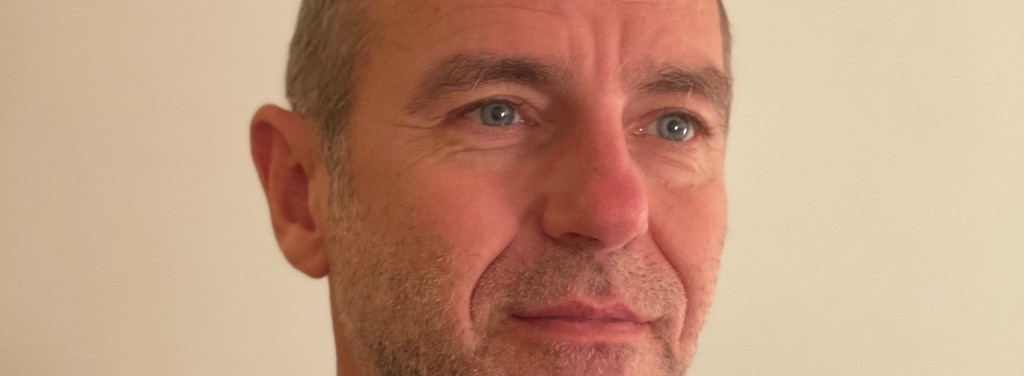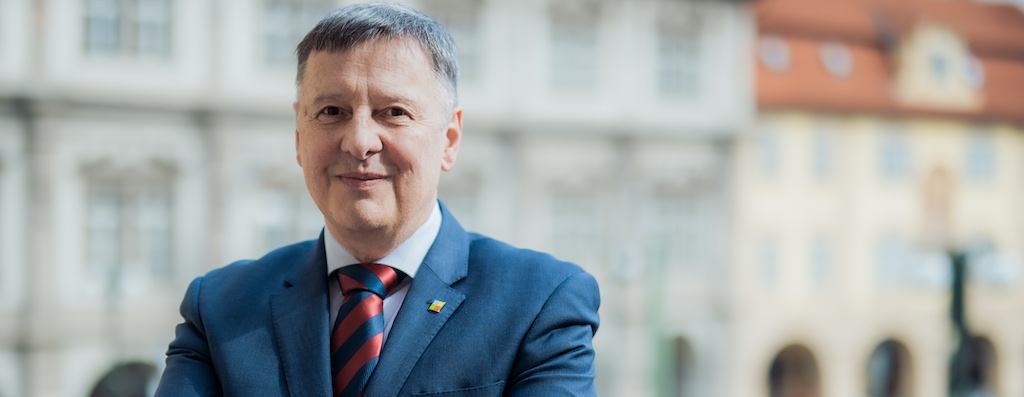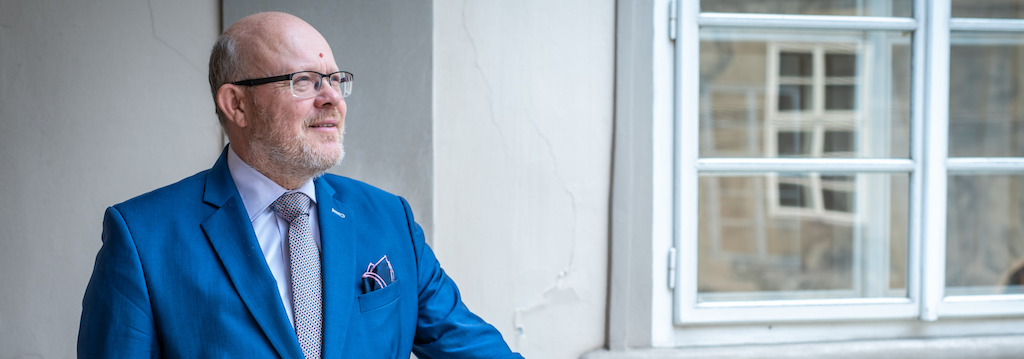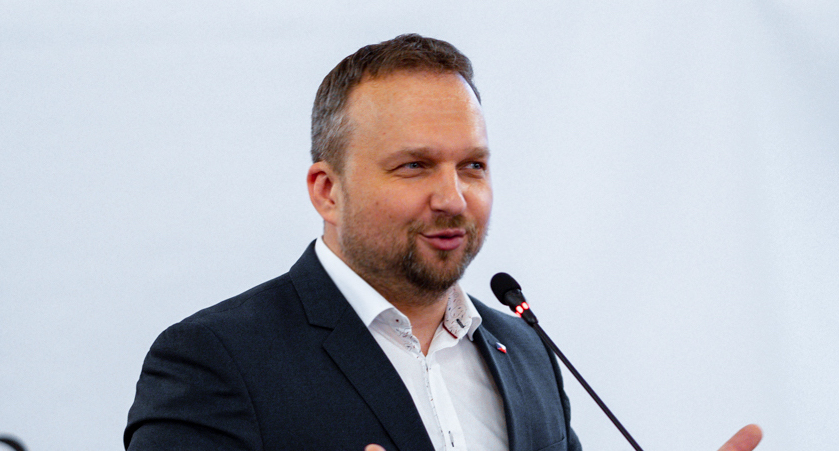
Could you talk to us about SIAAP? What are your tasks and responsibilities?
Jacques Olivier : Created in 1970 by four departments in the Paris region to ensure the transport and the depollution of their waste water, SIAAP (the Paris urban area wastewater treatment authority) is the Public Service which cleans up the daily wastewater of nearly 9 million Paris region inhabitants, as well as rainwater and industrial water, to make the Seine and Marne water conducive to the development of the natural environment.
Thanks to its 1928 agents, SIAAP cleans up on a 24 hour/7 day basis, nearly 2.5 million m³ of water that it transports by 440 km of emissaries and treats within its 6 purification plants. A Public Sanitation Department, our mission relies on the general interest in the service of the users and the territories with the objective of the performance and the equality of treatment for all.
SIAAP has long been highly invested and committed to sustainable development, could you go back and explain to us your vision of sustainable urban water and the “WATER- Responsible” cities?
Belaide Bedreddine : The goal of the International Water Association (IWA) principles for “Water-Responsible” Cities is to encourage collaborative actions while taking into account 3 paradigms: natural resources are limited and we must do more with less, urban growth is both an opportunity for economic development and a threat to the quality of life, urban planning must take into account various factors of uncertainty such as climate change and population growth.
In this context, SIAAP, as a historic partner of the IWA, accompanies the many elected representatives of the Ile-de-France region and communities who have joined these principles in April 2018 in the implementation of public policies that will make it possible to build the city of tomorrow as resilient and sustainable, and to create a more responsible water management in urban areas. The stakes are high for the challenges posed to large mega-cities and our international intervention also aims to promote new alliances to meet climate challenges.
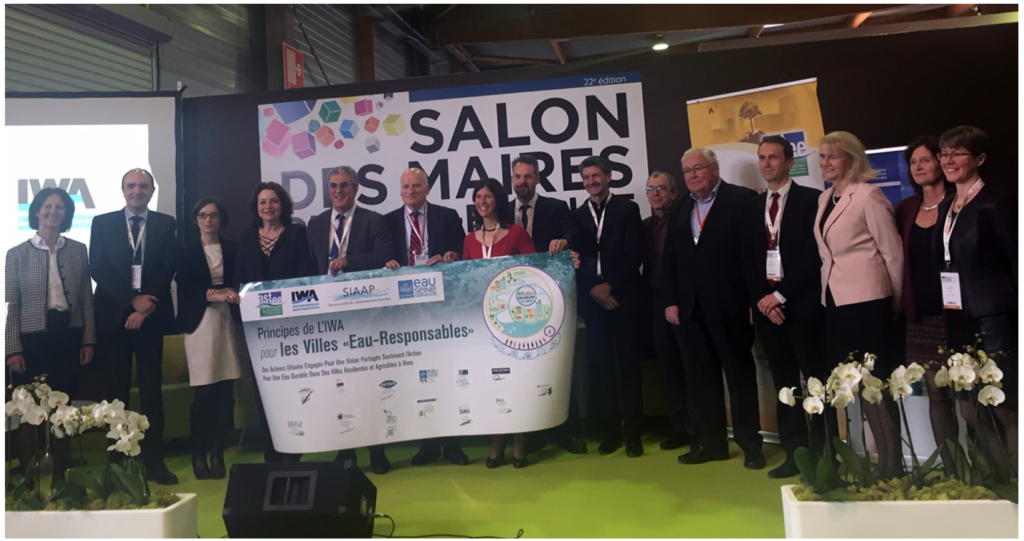
A synergy is in place within the framework of the major urban services of the Metropolis of Greater Paris, what are the innovations in place and those to come?
B.B : We have chosen to initiate cooperation with urban public services in the Paris region to concretely optimize our impact in Ile-de-France. Our ambition was to create a loop of urban services that are complementary, innovative and able to act in a coordinated way to serve the inhabitants of the region of Paris. Our cooperation with major urban public services unions such as Syctom, SEDIF, SIPPEREC, SIGEIF and EPTB Seine Grands Lacs has been an opportunity since COP21 to defend our position and our role in the fight against global warming.
J.O : Today, we want to accelerate further the implementation of synergies across the metropolis. For this, we signed on March 29 a strategic protocol with the Metropolis of Greater Paris, bringing together all urban public services in Ile-de-France. The signature of this protocol aims to maintain a dynamic partnership, which is already broken down by transversal work on projects of general interest such as energy management, improvement of air quality, the promotion of the circular economy, the smart city, the place of major metropolitan facilities, urban logistics and adaptation to climate change.
It is therefore on all these subjects that SIAAP, with other major urban unions of Ile-de-France, works on to provide the city with a contribution on the keys of environmental balance and rational energy that are necessary for the future of the Ile-de-France metropolis.
The user at the centre of the public service is your raison d’être, how does the SIAAP 2030 project respond to this objective?
J.O : Our strategic plan SIAAP 2030 – “Together, we build the future”, has the ambition to give SIAAP the means to be always more efficient, to better fulfil its role of operator, to improve the maintenance of its industrial equipment and to harmonize all of its industrial processes in order to increase efficiency and strengthen the transversality of these missions.
It aims above all to meet the expectations of users in the Ile-de-France region: the quality of public service, the preservation of the living environment, the protection of the environment and the acceleration of the energy transition. By constantly improving the efficiency of our processes, we are able to offer users an ever more efficient and cost-effective service.
B.B : In 2018, for the first time in 14 years, the increase in the sanitation fee voted unanimously by the Board of Directors was thus contained at a 2% increase. This is good news for the user in a context where the weight of the water bill weighs in the household budget and where the treatment costs are increasing to meet the directives in purifying material regarding water and sanitation.
The SIAAP 2030 strategic plan has, for the most part, made it possible to meet this challenge by developing a multi-year prospective tool.
It is the strength of the public service to be able to reconcile an ambitious long-term strategy with concrete and rapid responses to the daily expectations of our 9 million users.
What is your opinion on European issues and those of territorial governance?
B.B : Territories have a major role to play in the fight against climate change. Effective cooperation between the various water and energy stakeholders at a local, national and European level is essential to face the challenge of the water cycle and the energy transition’s integrated management in a constantly changing regulatory environment.
By acting locally with the departments, territories and local authorities in terms of energy innovation, sewage sludge recovery and circular economy, SIAAP intends to concretely reaffirm the essential role of all of the territory’s actors in the fight against global warming. The field of new synergies is before us. Nobody has the answer alone.
On a European level, cities and territories are seen as essential levers for implementing a coherent urban and environmental policy. This is why it is essential for Europe’s regions and major cities to maintain a constant and sustained dialogue, in addition to exchanges at the state level, in order to promote local solutions designed to meet the needs of their inhabitants.
J.O : This is the essence of our strategic partnership with the Berlin-based water treatment company Berliner Wasserbetriebe (BWB), which faces issues similar to ours and with which we will systematize the sharing of knowledge and techniques in the long-run. The process initiated with SIAAP 2030 to initiate the benchmarking of major cities gives substance to the need to strengthen both European and global, technical and effective cooperation in order to address environmental challenges.
Could you give us a few words on SIAAP’s international commitment?
B.B : It is SIAAP’s pride to accompany local authorities around the world, at their request, who need, particularly in countries that are experiencing difficulties, to benefit from our experience and our expertise to build a system of sanitation adapted to the needs of their population. Decentralized cooperation has now become a major element of SIAAP’s international action, which we have the duty, as a major public water service, to continue to develop since 2 billion inhabitants do not yet have access to a sanitation service.
The influence of our international actions is the result of the Board of Directors’ political will. It is a duty and a lever to promote the right to sanitation in the world but also to participate in other challenges; the urbanization of the planet, global warming. Through our actions, we also intend to build a collective approach of national and international institutional actors to more effectively fit into the United Nations’ environmental goals.
J.O : At the institutional level, we have mobilized widely to make SIAAP’s voice heard at major structuring events such as the COP23 in Bonn, the IWA or the 2018 FME which was held around the theme “Sharing Water” and during which SIAAP co-piloted the “Urban” theme.
It was a great chance for SIAAP to have been chosen among a large number of international water and sanitation actors to bring a renewed vision of the city of tomorrow and to share our knowledge, professions, and innovations whilst learning from other partners as well.
